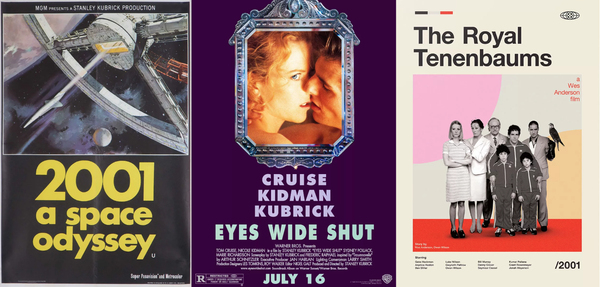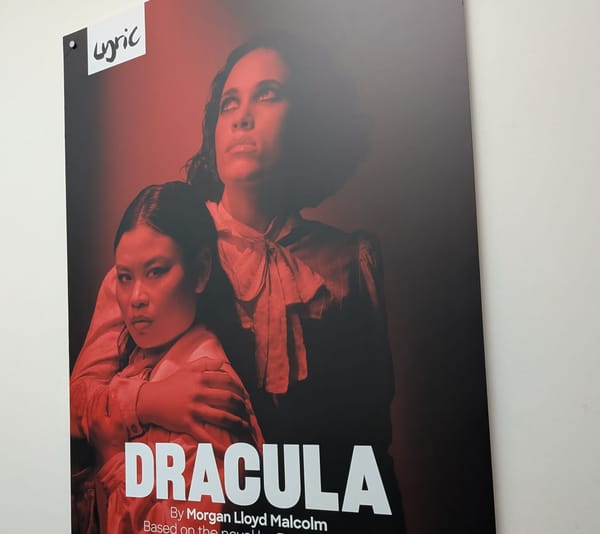John le Carré at Southbank Centre
A talk given in September 2017 in London
I went to the Royal Festival Hall on London’s Southbank last night to watch an Evening with George Smiley, presented by John Le Carré. The night began with a short film featuring contributions from actors, writers and directors who have worked on Le Carré’s material over the last fifty years or so. There was a touch too much Tom Hiddleston for this reviewer, but then the night properly began.

John le Carré presented a thought-provoking lecture on spies real and imagined, delivered not only by a master storyteller but also a professional teacher. He then spoke to Channel 4 News presenter Jon Snow, answering questions from the audience and online.
David Cornwell really has done pretty much everything in his long life, but his most enduring decision occurred one night in Leconfield House, Mayfair, then the HQ of MI5. He took out a piece of paper and wrote two names on it. The two names were George Smiley and John Le Carré. He was following close on his manager’s heels. That man was John Bingham, 7th Baron Clanmorris, and he was a recognised thriller writer already. Outwardly, Bingham and Smiley were one. Inwardly, Smiley was an utterly different proposition.
David Cornwell worked in section F4 in a dark back room of Leconfield House, running agents, almost autonomously. They worked in librarian-silence, never touching the typewriters which were the domain of their female secretaries. The ingredients for Bond were all there, but Bond, even though he was a man of this era, is a fantasy. The kind of spy story that Cornwell delivers is as real as he has been able to make it, whilst still recognising it as entertainment.
As Cornwell grew tired of MI5, he walked over to ‘those shits across the park’ at MI6. His new office was Broadway, opposite St. James’s Park tube station. Although in his fiction, this building was relocated to Cambridge Circus, it is Broadway that Cornwell has in mind as he writes. He hated it. It reminded him unfavourably of the public school he detested, like a hospital with no patients. He continued writing his books, which he took with him first to Boadway and then, most importantly, to Bonn, then provisional capital of West Germany. Bonn was where the magic happened.
What Cornwell found in Bonn affects him, and informs his writing, to this day. He watched in horror as Berlin was partitioned by a physical wall, a wall which stood for the best part of thirty years. The wall was a blight on Berlin, but it marked a visible division that stretched right across Europe. East and West. Communism and Capitalism, the twin pillars of our very modern evil.
In The Spy Who Came In From The Cold, coming to the BBC next year, he has one of his most favoured agents shot at the wall. Alex Leamas, a friend to Peter Guillam, appears also in the new Le Carré novel, A Legacy of Spies. Sounding rather as a collective noun, Legacy means more than one thing. This is George Smiley’s. Yet again, the great man, his creator, tells us: Smiley will not return. This time, we believe him.
The next Le Carré book is coming soon. It just needs a solid burst to take it to the finish line. It should be out in 2019, possibly, or 2020. That book, one senses, might be the last. The end is in sight of one of the greatest author careers in post-war Britain. Outlasting Graham Greene, Ian Fleming, and all of his other contemporaries, Le Carré is not done yet. And neither is his world, a Cold War world. Fooled in 1990 we might have been, but Cornwell was not. He never doubted the Cold War would continue ad infinitum. The root causes still fester, you see. Issues that the Allies failed to resolve after WW2 will not fade. If anything, they burn more brightly today than at any time since 1961 when the Berlin wall went up.
It is time, says David Cornwell, to talk like adults with Russia. We agree. The world is not where it was in 1930, but there are signs. Grey shoots, perhaps, of something truly evil at large. Not green shoots, because they are shoots of death.
I owe my love of espionage to John Le Carré, the letter C being the only thing he as in common with Cornwell, his creator. It cannot have escaped the old boy’s attention that C is also the letter denoting the head of MI6 in Britain. What a genial, and sensible, spy chief he might have been. Could this man, having followed his original career, have ended the Cold War?





